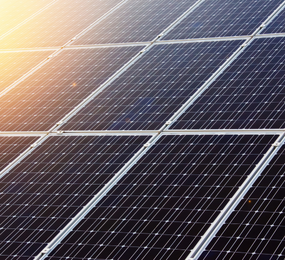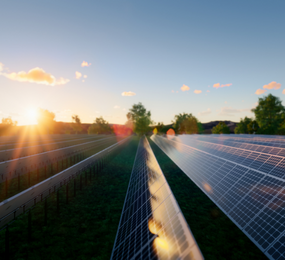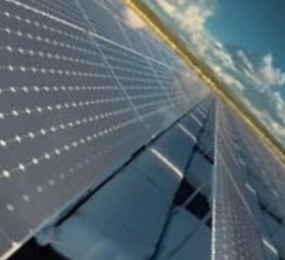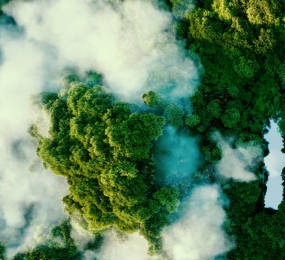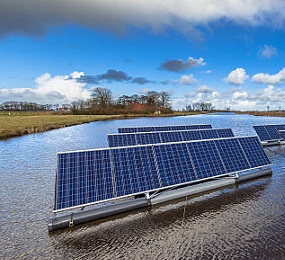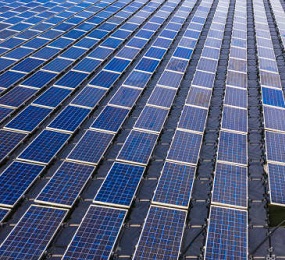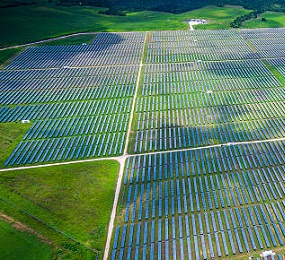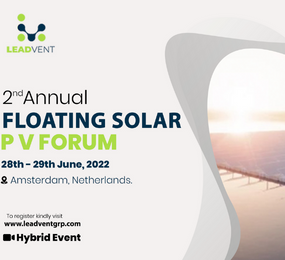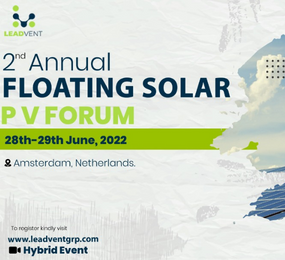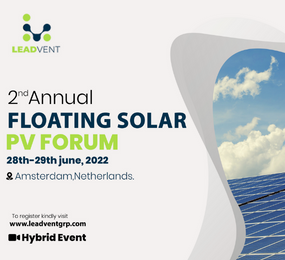Embracing renewable energy solutions doesn't mean turning a blind eye to environmental concerns; rather, it opens avenues for sustainable practices that prioritize coexistence with nature. This is evident in the realm of floating solar projects, where wildlife conservation takes center stage in design and implementation.
Preserving Aquatic Ecosystems:
One of the primary environmental concerns associated with traditional solar installations is land use, potentially leading to habitat disruption. Floating solar, however, utilizes water bodies that are often already altered by human activities. This minimizes the impact on terrestrial ecosystems, allowing aquatic life to thrive undisturbed.
Creating Artificial Habitats:
Floating solar platforms can serve a dual purpose by creating artificial habitats. The shade provided by the solar panels acts as shelter for aquatic organisms, fostering a more diverse and resilient ecosystem. Some projects even incorporate features such as floating islands, further enhancing biodiversity and providing sanctuary for water-dwelling species.
Mitigating Algal Blooms:
Algae growth can be a concern in water bodies exposed to sunlight. The shading effect of floating solar panels helps mitigate excessive algae growth, maintaining water quality. This, in turn, benefits aquatic life, as high algae concentrations can lead to oxygen depletion and negatively impact fish and other organisms.
Bird-Friendly Design:
Addressing wildlife conservation in floating solar projects extends to bird-friendly design. Innovations such as anti-glare panels and creating open spaces within the installation help minimize disruption to avian activities. These measures contribute to the overall preservation of bird habitats and migration patterns.
Environmental Impact Assessments:
Mindful implementation of floating solar projects involves comprehensive environmental impact assessments. By understanding the local ecosystem and conducting thorough assessments, developers can make informed decisions to minimize potential negative effects on wildlife, ensuring a harmonious coexistence between renewable energy and the environment.
In conclusion, floating solar projects are proving that renewable energy can go hand in hand with environmental conservation. By addressing concerns related to wildlife and habitat disruption, these projects exemplify a holistic approach to sustainability, demonstrating that clean energy solutions can be both innovative and considerate of the delicate balance of our ecosystems.
To register or learn more about the Forum please check here: https://bit.ly/46Vw6nm
For more information and group participation, contact us: [email protected]


